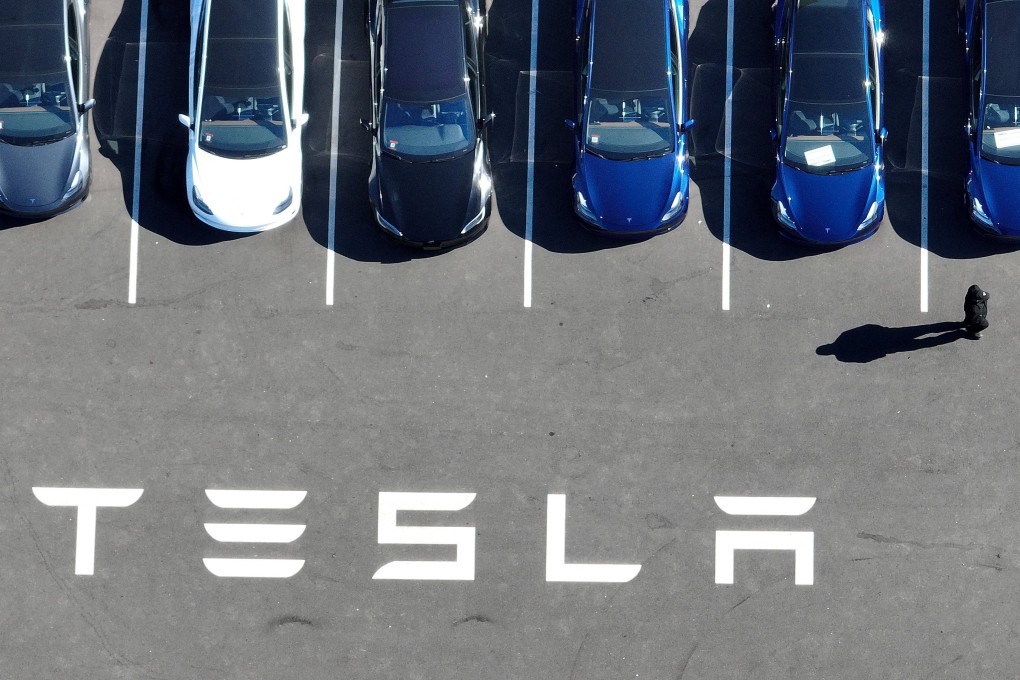Advertisement
The View | How the US, home of trailblazer Tesla, lost the EV race to China
- While the US is mired in infrastructural challenges and market inertia, China offers a supportive EV ecosystem and a multimodal transport system in which EVs can thrive
Reading Time:3 minutes
Why you can trust SCMP
4

As one tech titan hits the brakes, another accelerates into the fast lane. Just as Apple abruptly cancelled its decade-long electric vehicle (EV) project, Xiaomi has announced that it will begin delivering its first EV model this month.
Unlike China, whose keen embrace of EVs include taxis and ride-hailing, US adoption of EVs has been slow. Car rental company Hertz’s attempt to grow an EV fleet has been disastrous and US carmakers including Ford are stalling on EV investments. Last year, China’s BYD overtook Tesla as the leading EV maker.
The individual triumphs of enterprises must be understood in the context of the EV ecosystems in the US and China, and beyond that, the wider context of transport networks. As the EV sector navigates rapid transitions, contrasting dynamics have unfolded in these leading markets.
While China epitomises strategic synergy, the United States is caught in a conundrum of infrastructural challenges and market inertia. The evolution of China’s EV ecosystem showcases how strategic resources, when aligned with market forces, can catalyse self-reinforcing cycles of growth and advancements.
Central to China’s rise in the EV industry is its battery production supply chain. Contemporary Amperex Technology (CATL) has grown to dominate EV battery manufacturing, accounting for 36.8 per cent of the global market last year, against the 13.6 per cent held by South Korea’s top EV battery maker LG Energy Solution.
China’s top three EV battery makers – which include BYD and China Aviation Lithium Battery (CALB) – have a combined market share of over 57 per cent, a formidable grip. South Korea, the nearest competitor, has just 23 per cent of the market in the collective hands of its three biggest battery EV companies, which include SK On and Samsung SDI.
Advertisement
